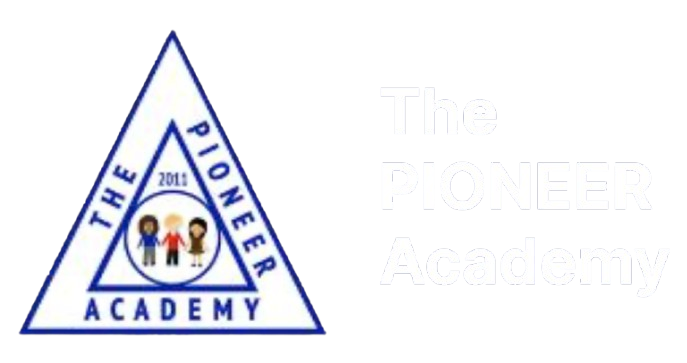Home | Learning | Curriculum | Subjects | History
History
Respect
Aspiration
Honesty
Tolerance
Caring
Responsibility
History Curriculum Intent
A high-quality history education will help pupils gain a coherent knowledge and understanding of Britain’s past and that of the wider world. It should inspire pupils’ curiosity to know more about the past. Teaching will equip pupils to ask perceptive questions, think critically, weigh evidence, sift arguments, and develop perspective and judgement. History helps pupils to understand the complexity of people’s lives, the process of change, the diversity of societies and relationships between different groups, as well as their own identity and the challenges of their time.
Our History curriculum aims to ensure that all pupils:
- Know and understand the history of these islands as a coherent, chronological narrative, from the earliest times to the present day: how people’s lives have shaped this nation and how Britain has influenced and been influenced by the wider world.
- Know and understand significant aspects of the history of the wider world: the nature of ancient civilisations; the expansion and dissolution of empires; characteristic features of past non-European societies; achievements and follies of humankind.
- Gain and deploy a historically grounded understanding of abstract terms such as ‘empire’, ‘civilisation’, ‘parliament’ and ‘peasantry’.
- Understand historical concepts such as continuity and change, cause and consequence, similarity, difference and significance, and use them to make connections, draw contrasts, analyse trends, frame historically valid questions and create their own structured accounts, including written narratives and analyses.
- Understand the methods of historical enquiry, including how evidence is used rigorously to make historical claims, and discern how and why contrasting arguments and interpretations of the past have been constructed.
- Gain historical perspective by placing their growing knowledge into different contexts: understanding the connections between local, regional, national and international history; between cultural, economic, military, political, religious and social history; and between short- and long-term timescales.
History Curriculum Implementation
Teaching and learning is based on Rosenshine’s principles. It is coherently planned and sequenced towards cumulatively sufficient knowledge and skills for future learning. Prior learning is activated through the use of retrieval practice to ensure the children know more and learn more over time.
‘I do, we do, you do’ at Ightham Primary School
Knowledge lessons always begin with retrieval practice, followed by ‘I do’, then ‘We do’ then ‘You do’ to ensure a gradual release of responsibility.
Teachers continually assess throughout the lesson to ascertain children’s understanding and be prepared to move back a stage if required. Depending on the understanding of the children, ‘we do’ should be extended to ensure all children are secure in their knowledge. If the children are not ready, the teachers should not move onto ‘You do’. A knowledge lesson could be taught over more than one lesson as a result of assessment for learning where the ‘you do’ part is covered in a subsequent lesson.
Following knowledge lessons, children will be given the opportunity to apply the knowledge through enquiry and investigative tasks which need to be clearly modelled, scaffolded and adapted as required, to meet the needs of the individual children.
Our scheme of work is based on the History National Curriculum (2014) and has been planned to ensure continuity and progression throughout the school. We teach the key aspects of each unit of work in our scheme.
In the Early Years History is developed through the Early Learning Goals for the Foundation Stage.
In Key Stage 1 History is taught alongside Geography.
In Key Stage 2 History is taught discretely.
Links will be made with Design and Technology, Art, drama, English, and Computing where appropriate.


